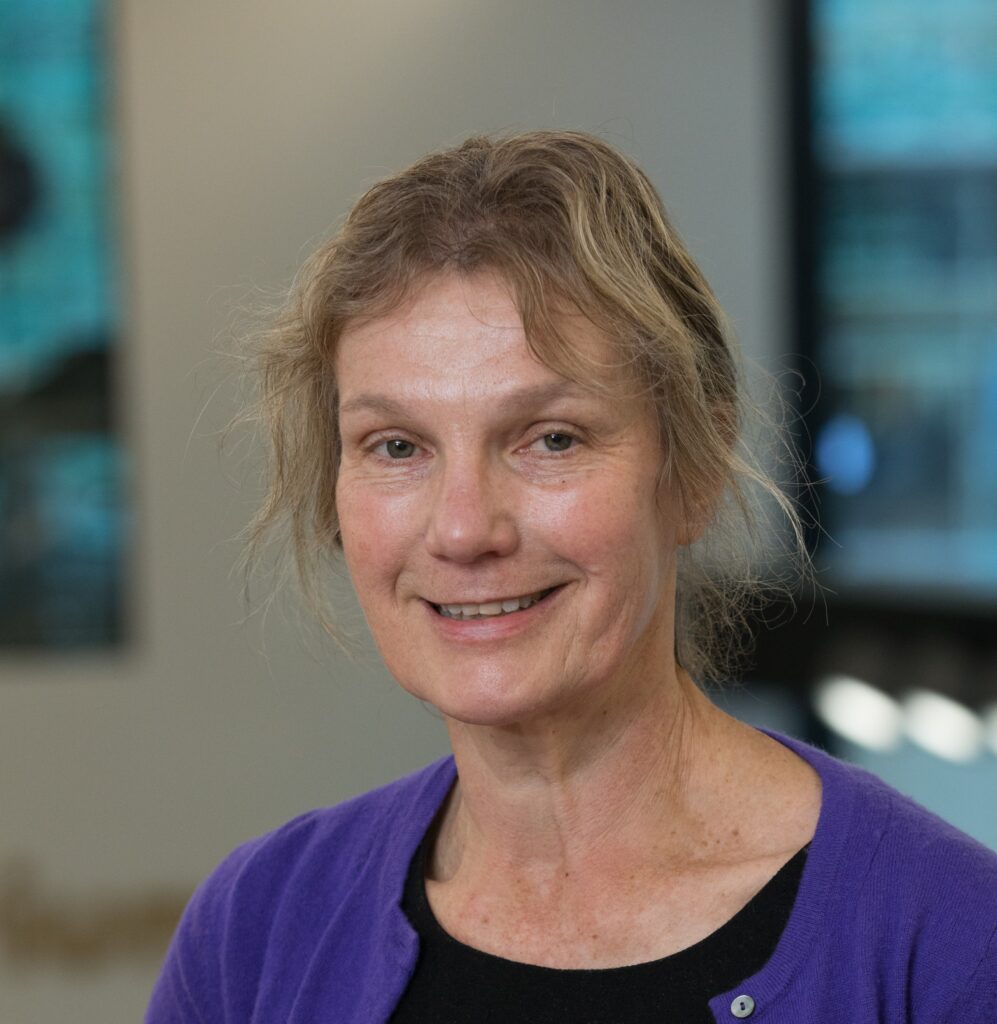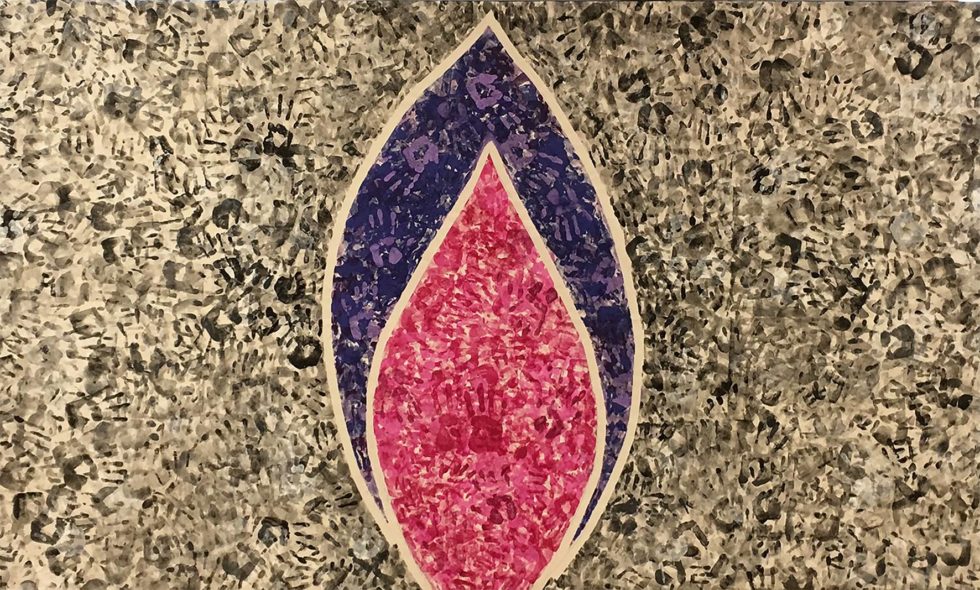This blog was written by Annette Pantall, Lecturer and NUPHSI EDI Representative for the Neuroscience, Neurodisability and Neurological Disorders research theme.

Holocaust Memorial Day (HMD) took place on 27th January, the anniversary of the liberation of Auschwitz-Birkenau concentration and extermination camp. HMD is commemorated by events locally as well as nationally and internationally. Local events included the Brundibár Arts Festival held in Newcastle and Gateshead, featuring music written during the holocaust. HMD remembers the 6 million Jews murdered during the Holocaust together with millions of other victims of Nazi persecution. Over 200,000 Roma and Sinti people and other groups who did not fit in the Nazi ideology of racial purity including disabled people, gay people, political opponents, and various religions were murdered. Additionally, there are those whose lives were never lived due to forced sterilisations. The importance of this day therefore extends far beyond the Jewish community and is relevant to all, whatever their religion, race, ethnic background, politics, or sexual identity. Stone wall former chief executive, Ben Summerskill, explains why HMD is an important day in the Equalities calendar. The Nazis forced people identified as gay to wear an inverted pink triangle – ‘die Rosa-Winkel’ – like the yellow star of David Jewish people were compelled to wear. HMD emphasises the importance of maintaining the principles of equality, diversity and inclusion to prevent antisemitism and other forms of prejudice, intolerance and hatred which resulted in the horrors of the Shoah (Hebrew – catastrophe).
Relevant to us, working in FMS at Newcastle, is the role of teams of medical doctors and researchers in the Nazi genocide program. In 1939 the killing of disabled children and adults started which required a panel of medical experts to give their approval for the killing of each child. This extended to adults with chronic illnesses, disabilities, and mental health problems. In total 250,000 disabled people were killed, and 6 extermination camps were specifically set up for this purpose. It has been estimated that 250,000 people diagnosed with schizophrenia were murdered or underwent forced sterilisation. Between 1939 -1945 Nazi physicians were involved in 348 coerced medical tests performed on a total of 27,761 people. Many of the physicians and researchers were never prosecuted.
In addition to the 6 million Jews and other groups murdered by the Nazis, HMD commemorates more recent genocides in Cambodia, Rwanda, Bosnia and Darfur. Many more genocides could be added including the persecution and murder of Rohingya Muslims or the 1915 Armenian genocide. England has also had its share of genocides and persecuting minorities. In York on 16 March 1190 the entire Jewish community in York was massacred in Clifford Tower. In 1645-46 in East Anglia, over 300 women who did not fit in with the female norm were deemed witches and killed by the ‘Witchmaster General’ Matthew Hopkins. In the 1930’s Oswald Mosely formed the British Union of Fascists, which became increasingly antisemitic but was eventually banned by the Government.
This year’s HMD’s theme is ‘Fragility of Freedom’ reflecting the escalating anti-Jewish legislation introduced by the Nazis which increasingly restricted civil rights for the Jewish people. Initially they were excluded from certain professions and schools and universities. The draconian Nuremberg Laws were introduced in 1935 curtailing freedom of the right to marry and defined a Jew based on the number of Jewish grandparents. The restrictions of freedom form part of the ten stages of genocide and culminated in the murder of over 6 million people Jewish men, women and children which represented two-thirds of Europe’s Jewish population.
Soon there will no more survivors of the concentration camps, the Warsaw ghetto, victims of experiments and sterilisations to provide us with those shocking first-hand accounts. An old family friend, Paul Porgess, who as a child survived the Warsaw Ghetto, died last April. Seeing and talking to Paul who lived during those unimaginable terrors makes it real. The danger is that when there are no more survivors the Shoah will become history, a story from the past with the horror so intense that it is almost impossible to comprehend. As George Santayana reminds us “Those who forget the past are condemned to repeat it”. However, remembering alone as Auschwitz survivor Anita Lasker Wallfisch stated, is not sufficient – ‘you remember on the 27th but forget on the 28th’. Instead, an understanding of why these events developed must be considered.
During the virtual 2021 Holocaust Memorial Event Anita Lasker Wallfisch in her concluding comments emphasised the importance of being curious about Jewish people and their history and customs. Without knowing about different customs – for example what is Kosher food (and why is it not available at Newcastle University?) or what are the laws governing Shabbat – prejudices and alienation can develop. The North-East has a thriving Orthodox community in Gateshead which was described by a New York Rabbi in the Guardian in 2019 as the ‘Oxbridge of the UK Jewish community’. Yet how many of us at Newcastle University know that we have this on our doorstep? Similarly, regarding other faiths, how many know about the Halal food laws, the month of Ramadan or requirements of Muslim men to attend prayers on Fridays? Understanding and knowledge of other groups is essential for inclusion.
The poem by Pastor Martin Niemöller ‘First they came’ summarises why one should commemorate HMD and be actively involved in EDI issues.
